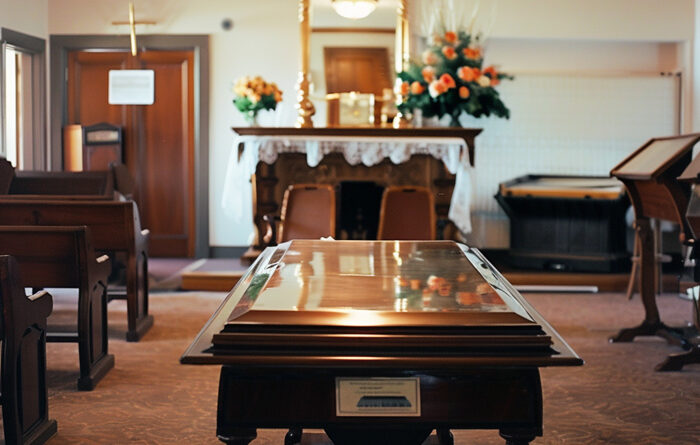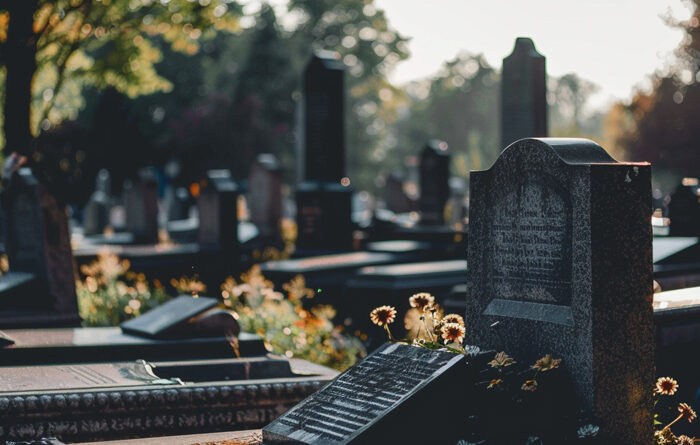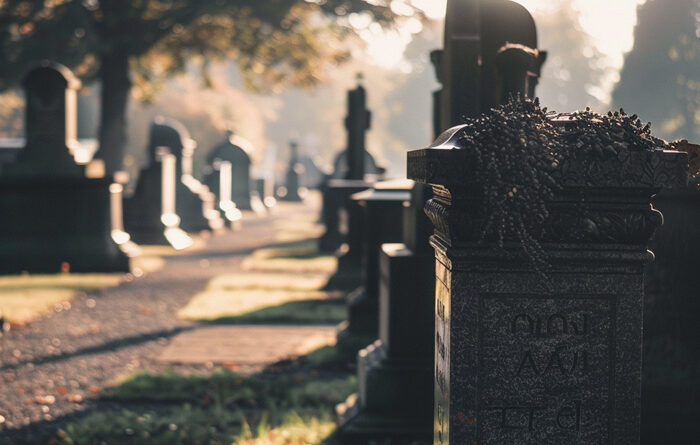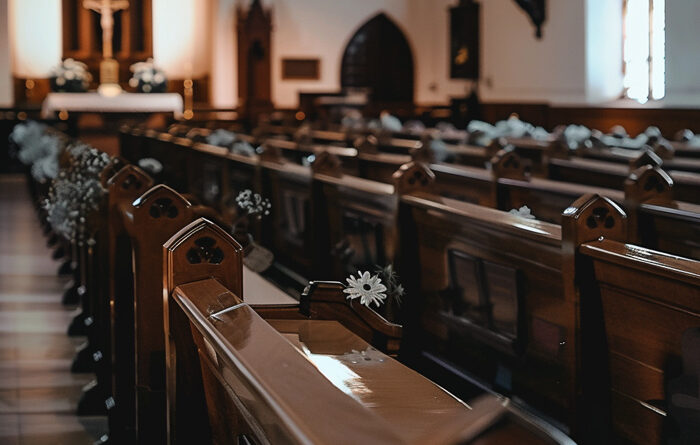
Introduction to Non-Traditional Funeral Planning
Recent times have seen a shift in the way people handle end-of-life ceremonies. A growing number are choosing to arrange funerals without the services of a funeral home, seeking a more personal and often less expensive approach. Miami, with its diverse culture and population, is a place where planning a funeral independently can be a reflective and intimate affair, though it requires thorough consideration and planning.
Understanding Local Regulations and Requirements
Before embarking on the journey of planning a funeral without a funeral home, familiarizing oneself with Miami’s legal landscape is essential. Florida law stipulates certain procedures and requirements for handling a deceased’s remains, which includes obtaining a death certificate and permits for burial or cremation. Florida Statutes also govern the time frame within which a body must be treated after death, among other directives. Gaining insights into these rules is critical and often begins with a call to the local Vital Statistics office or similar government agencies that oversee funeral arrangements and body disposition.
Finding Alternatives to Traditional Funeral Services
In Miami, families have several options for funerals outside of working with a funeral home. For instance, direct arrangements with crematoriums are possible if cremation is preferred. Additionally, purchasing a burial plot directly from a cemetery can be an option for a traditional burial without the intermediary. To hold a home funeral—an intimate service at one’s residence—assistance can be found through local support networks dedicated to home funeral guidance.
Selecting an Appropriate Venue and Service Type
Choosing a venue for the funeral is pivotal. Public spaces, places of worship, or even one’s backyard provide options that lend a personal touch to the service. The type of service is equally important, whether it be a memorial, wake, or more traditional funeral service. These decisions will largely shape the tone of the funeral and should be made considering the wishes of the departed, as well as the comfort of those in attendance.
Handling the Deceased with Respect and Care
Handling the body in preparation for burial or cremation is another critical component. This may involve washing and dressing the deceased and calls for respect and care. In Miami, various cultural sensitivities can come into play, so taking part in this process allows for a final act of intimacy and honor. If one feels uncertain or uncomfortable with this step, professional assistance is still available on an a la carte basis.
Coordinating Logistics Without a Funeral Home
One of the more challenging tasks is managing all the details that a funeral home would typically oversee. This includes arranging transportation for the body, procuring flowers, organizing ceremony proceedings, and handling various administrative tasks. Friends, family members, and other close associates can be invaluable in assisting with these responsibilities, allowing the process to be more communal and supportive.
Financial Considerations for Independent Funerals
One of the primary reasons individuals may opt to plan a funeral without a funeral home is the prospect of reduced costs. However, this doesn’t mean expenses should be taken lightly. Creating a budget is a sensible starting point. This budget should take into account all potential expenditure, including the cost of a casket or urn, ceremony expenses, and any fees related to the final resting place. By keeping control over these elements, one can manage a funeral that is both dignified and economically feasible.
Personalizing the Ceremony
With the freedom from a funeral home’s predefined packages comes the opportunity to create a ceremony that genuinely reflects the life and legacy of the deceased. Incorporating readings, music, or tributes that held special meaning to the loved one can transform the farewell into a heartfelt celebration of their life. This personalization can provide comfort and solace to those grieving, as well as honor the uniqueness of the deceased.
Seeking Support From the Community and Beyond
Planning a funeral on one’s own does not mean one has to do it alone. Reaching out for support from community resources can be vital. Churches, social groups, or non-profit organizations in Miami often offer support or guidance to those organizing funerals independently. Networking with these groups can bring comfort, and even practical help, during a period that can be emotionally taxing.
Conclusion
Though the thought of arranging a funeral without the services of a professional can seem overwhelming, it is also a path filled with potential for a personalized and meaningful tribute to a loved one’s life. Careful planning and attention to detail are paramount, but with the resources available in Miami, from community support to the tranquil abodes of nature where services can be held, a funeral planned independently holds the possibility of celebrating a life in a profoundly personal manner.
It’s a tribute that comes not from a package or standard offering, but from the heart—and when planning is done thoughtfully, it can make for a beautiful final homage. Despite the absence of a funeral home’s guidance, the results of a funeral planned with intimate knowledge of the deceased, an understanding of local laws, and the supportive hands of a community can be just as—if not more—meaningful and significant.

Can you have a funeral without using a funeral home?
Yes, it is possible to have a funeral without using a funeral home. Families may choose to organize a home funeral by preparing the body themselves, planning a service outside a funeral home setting and handling the necessary legal documentation. It is important to be aware of state and local laws regarding home funerals, which may vary.
What are the legal requirements for a home funeral?
Legal requirements for a home funeral typically include obtaining a death certificate, transporting the body, and completing the necessary paperwork for burial or cremation. It may be necessary to report the death to local authorities, and sometimes a licensed funeral director’s signature is required. Consulting with a knowledgeable professional or local health department can provide guidance on specific state and local regulations.
How do I handle the burial or cremation process without a funeral home?
To handle the burial or cremation process without a funeral home, you’ll need to coordinate directly with a cemetery or crematory. Families can obtain a permit for burial or cremation from the local municipality and convey the body using a suitable vehicle. For cremation, the crematory will have specific requirements for containers and documentation, so it’s important to communicate with them beforehand. Each local area may have different rules, so thorough research and compliance with these rules are necessary.





